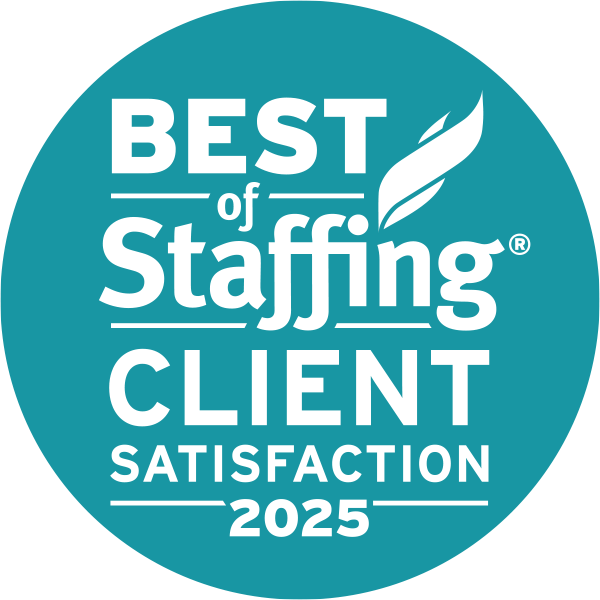
It’s never been easier to start an allied travel career
When you partner with Prolink, you're paired with a dedicated team of healthcare recruiters committed to finding you the positions that suit you best and will support you throughout every assignment you take.
Why travel healthcare professionals choose Prolink:
- The best compensation and benefits
- Dedicated, supportive Clinical Team
- Free mental health resources
- Tuition discounts
- Day-one health coverage and 401(k) enrollment

Career Spotlight: Travel Respiratory Therapist
Travel respiratory therapists take jobs around the country caring for patients with cardiopulmonary conditions. They provide diagnostic services, and they assist in monitoring pulmonary function.
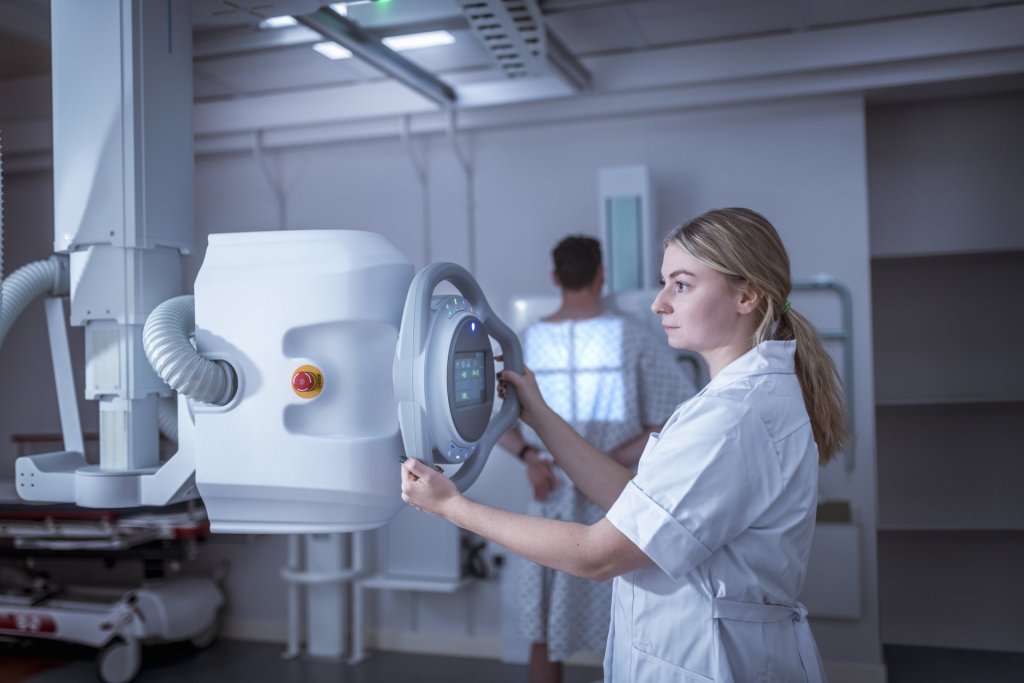
Career Spotlight: Travel Rad Tech
Travel radiologic technologists are crucial members of the radiology team. They use equipment to create images of the body that assist with diagnosing conditions and injuries as well as with tracking disease progression.
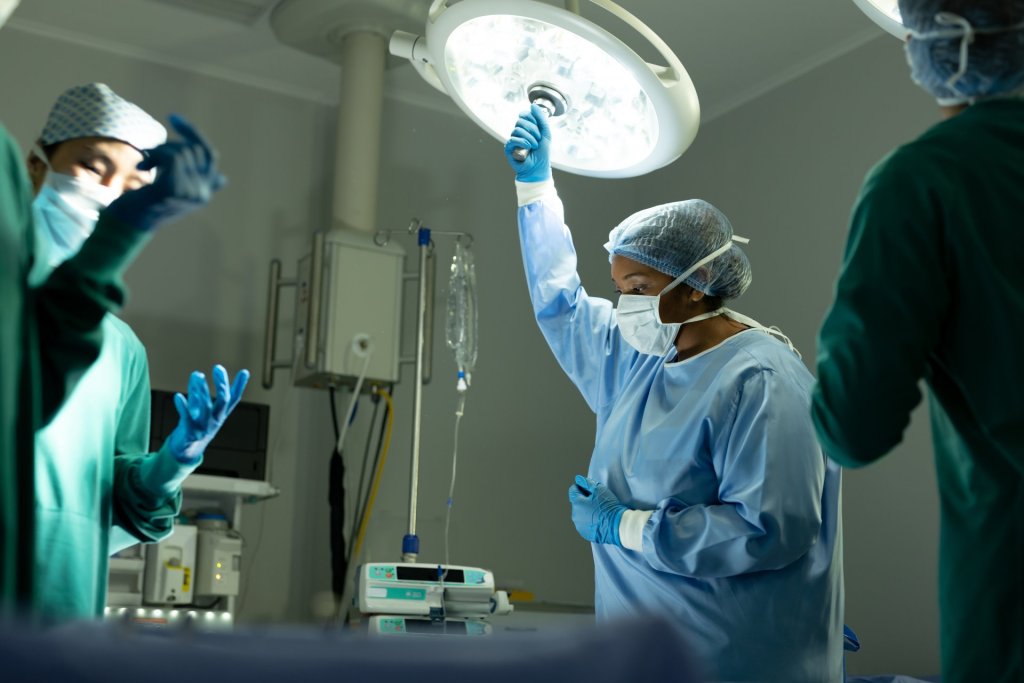
Career Spotlight: Travel Echo Tech
Travel echo techs help generate images necessary to diagnose and treat heart conditions. They perform and interpret echocardiography examinations, giving them hands-on patient contact.

Career Spotlight: Travel Ultrasound Tech
A travel ultrasound tech uses sonographic techniques and equipment to diagnose and test patients. They complete patient assessments, keep records, and maintain imaging equipment.

Career Spotlight: Travel Cath Lab Tech
Travel cath lab techs take on temporary positions in cardiac catheterization labs around the country. They assist cardiologists during stent placements, ablations, angiograms, and many other procedures.
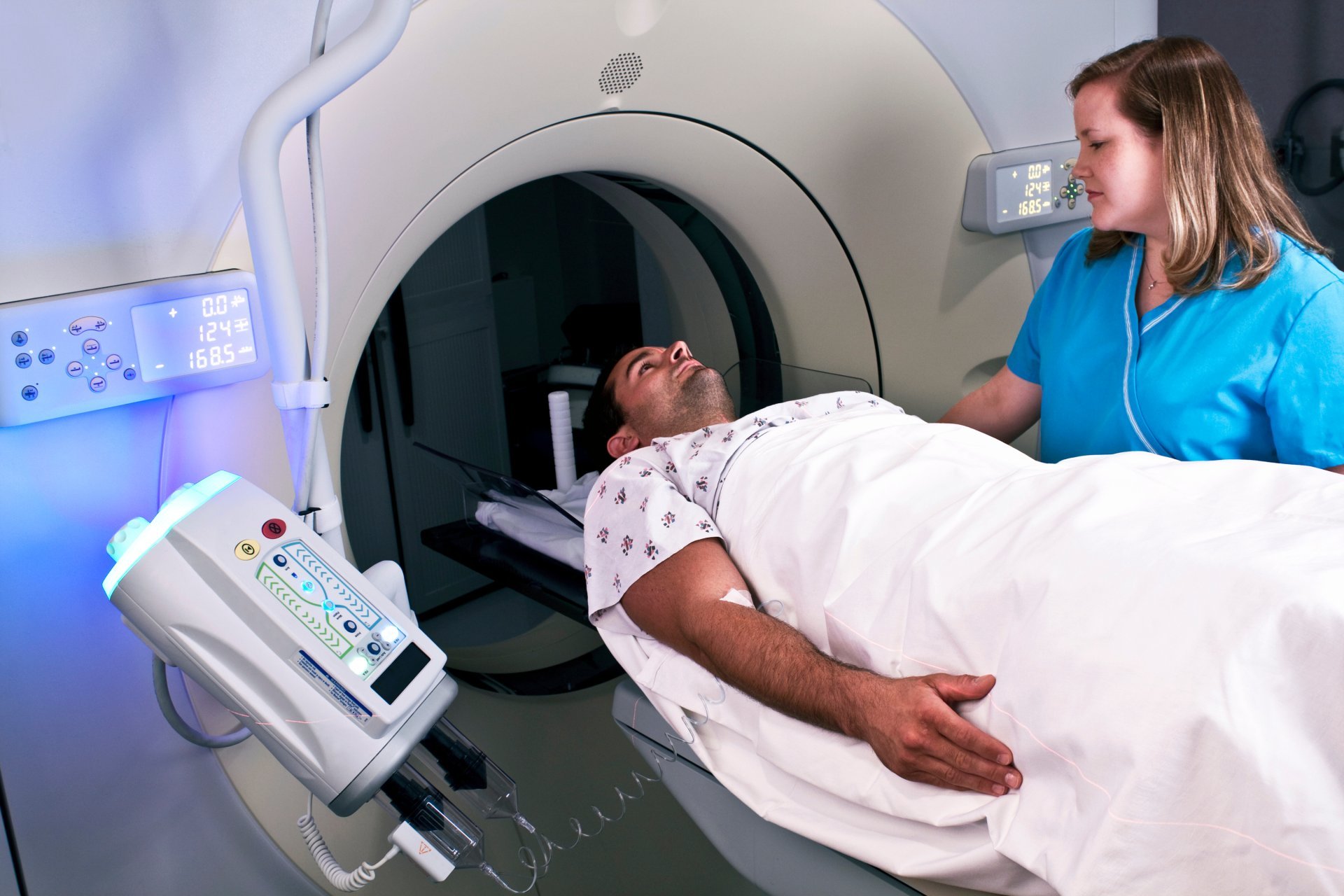
Career Spotlight: Travel CT Technologist
Travel CT technologists accept temporary positions in hospitals and clinics throughout the country. They carefully calibrate CT scan machines and prepare patients for procedures that help doctors diagnose conditions.
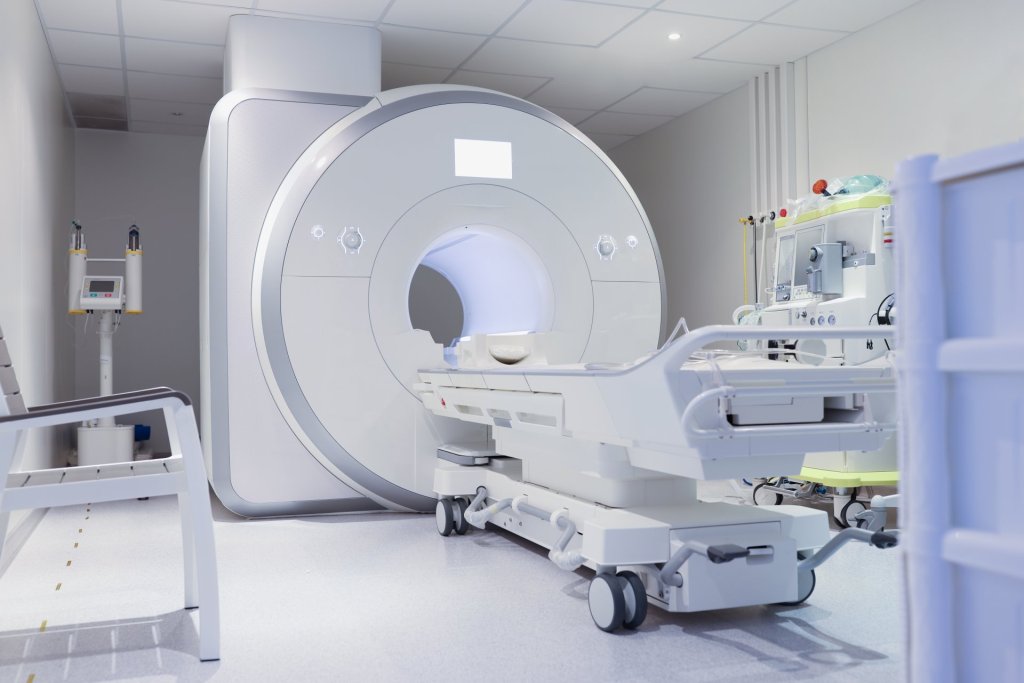
Career Spotlight: Travel MRI Tech
Travel MRI techs operate MRI equipment to perform scans that help physicians diagnose patients. They position patients for scans and work closely with nurses and doctors to identify the right scanning targets.
Top travel allied health jobs
What is allied health?
Allied health professionals fall into two broad categories: therapists (technologists) and technicians (assistants). They help nurses, doctors, and pharmacists diagnose and prevent medical conditions.
Some allied travel professionals work directly with patients, providing hands-on services, while others work in labs or offices. They’re all under the supervision of other healthcare professionals.
Connect with a Prolink Recruiter
Salaries in the allied travel health field vary significantly based on a variety of factors, including job title, education, certifications, and facility location. However, travel allied health professionals can expect to make more than their permanent staff counterparts.
Allied travel health professionals work with Prolink to help connect them with employers and job opportunities. Prolink offers allied travelers significant benefits, including retirement planning, health insurance, life insurance, and dental and vision coverage.
To work as an allied travel professional, you will likely need at least an associate’s degree. Technical and assistant professions typically require a certificate or diploma, which means participating in specialized training programs and passing an exam.
Before you can begin to take travel assignments, you will need to have at least one year of experience in the right work setting, depending on your exact career.
Travel allied health FAQs
Travel allied health professionals work in lots of settings, including clinics, hospitals, laboratories, and even in patients’ homes.
Some travel allied health professionals only need certification to start working in their field, while others require at least an associate’s degree. Bachelor’s degrees can give you a more competitive edge. If that’s not an option for you, then getting further certifications can make you more attractive to employers.
Yes. Allied health professionals, including travel ones, often work directly with patients as they diagnose and assist those who are struggling with illnesses and injuries.
The exact timeline will depend on the career path you choose. If you need to get an associate’s degree, which takes two years, you can expect to start working as a travel professional in three to four years.
Prolink Perspectives
Learn everything you need to know about being an allied travel professional, including how to get your first travel assignment, tips and tricks, and much more.
Apply for Your Next Position
Let us find your perfect fit. Connect with a recruiter today.






